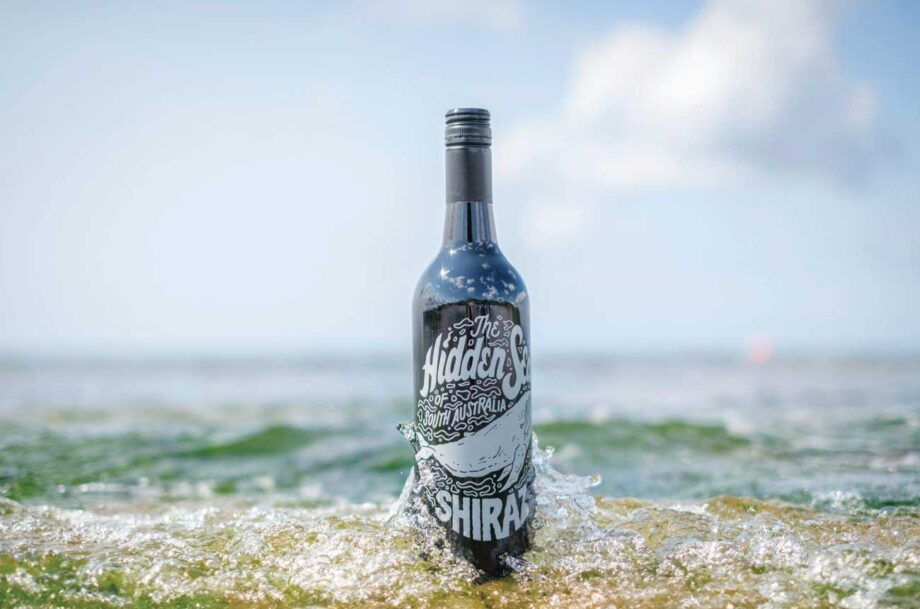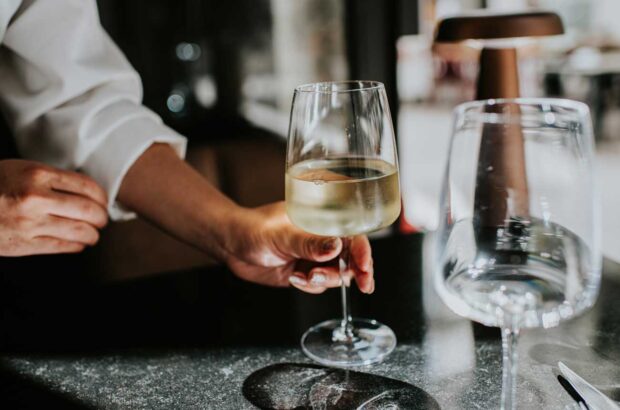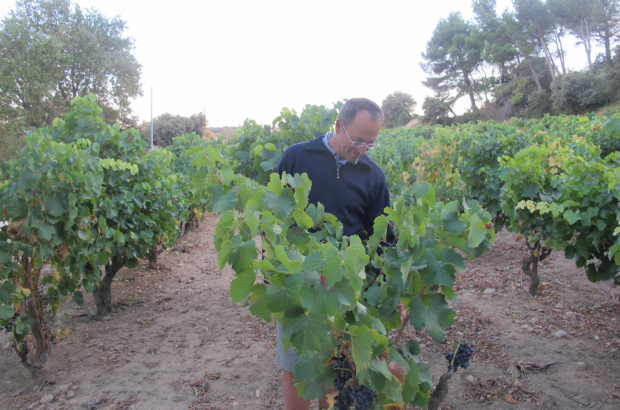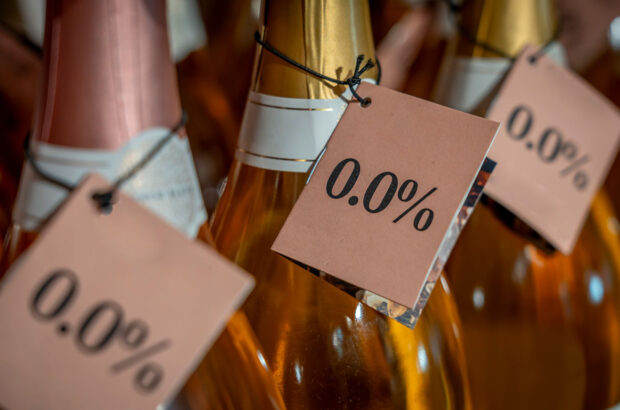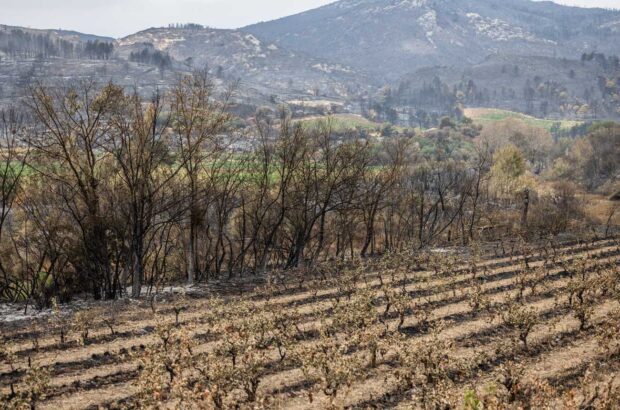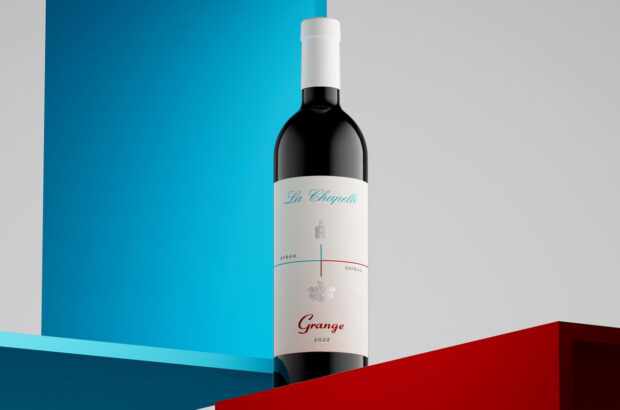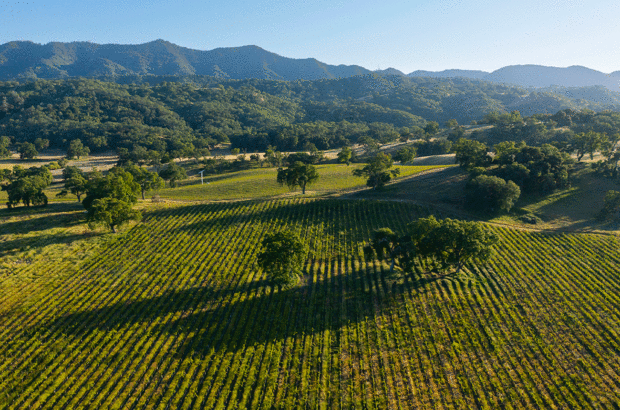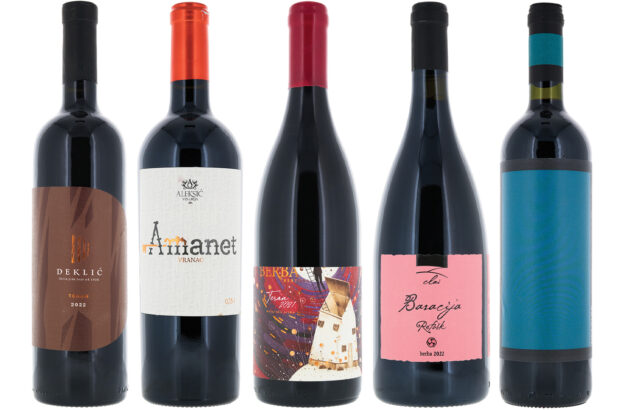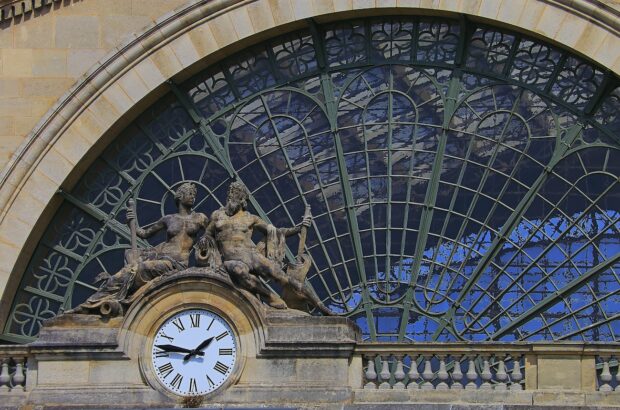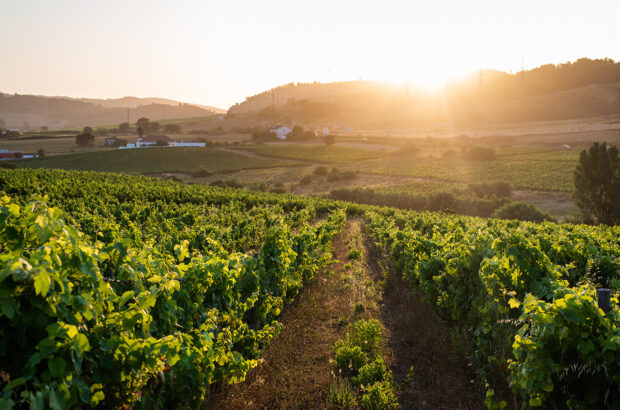The movie-length documentary is visually stunning, but also devastating. The ghastliest part? The dramatic footage and earsplitting sounds of bottom trawling – heavy nets and huge metal chains dragged across vast swathes of the seabed, catching everything in their path and potentially heavily damaging the seafloor. Up to three-quarters of what’s caught may be discarded.
The film’s message is clear: through destructive overfishing, pollution, ocean warming and the associated mass coral bleaching, and acidification, Attenborough says: ‘We are draining the life from our ocean.’ And yet, with his signature glimmer of hope, we’re told that if given time to rest and rebuild, the ocean can recover faster than we ever thought possible.
The health of the ocean might not initially seem like a wine lover’s direct concern, but as Attenborough says, the ocean is our planet’s life-support system, helping to regulate the climate, absorbing carbon dioxide, generating oxygen and storing and transporting heat. ‘Oceans are our greatest ally against climate catastrophe,’ he concludes – and thus a quiet ally to winemakers and wine lovers alike.
Leaving the cinema in a ‘what can I do?!’ funk, I got to thinking about how we as consumers can use our purchasing power to make a difference. Fundamental change will only come from decisions made at the international level – such as at the UN Ocean Conference in June, where nations are being asked to ratify the High Seas Treaty, which aims to protect 30% of the ocean by 2030 – but small conscious choices on our part can still make a difference.
And an increasing number of brands are making that easier for wine lovers by aligning with ocean charities. UK-based producer Sea Change Wines, for example, donates €0.25 from every 75cl bottle sold to groups working to save the oceans. Since it launched in 2018, it has raised more than €600,000 for its partners, including global charity Ocean Generation.
Languedoc producer Gérard Bertrand recently combined the unveiling of the first vintage of his new cuvée La Grande Bleue with the announcement of a partnership with the charity Oceana. Although the company doesn’t say exactly how much is raised from each bottle sold, ‘it makes [financial] donations to support various [Oceana] campaigns for the prevention, preservation and regeneration of marine ecosystems’.
Bordeaux cooperative Tutiac is working with NGO Zero Plastic Ocean and closure maker Vinventions to create corks that are made from almost 70% ocean-bound plastic (defined broadly as ‘abandoned plastic waste’ that’s at risk of ending up in the ocean). To date, some 200,000 bottles of Tutiac wine have been fitted with Help Protect The Ocean corks.
Even supermarket chain Aldi has entered the space. In January, its UK operation launched an own-label wine made by Australian producer the Hidden Sea, which funds large-scale ocean plastic clean-ups by Danish company Resea Project.
Sip to make a difference
Gérard Bertrand, La Grande Bleue, Méditerranée, Languedoc, France 2024
Score: 90
Drink 2025-2027 Alc 13%

Sea Change, Organic Picpoul de Pinet, Languedoc, France 2023
Score: 88
£14.35 Abel & Cole, TB Watson
Drink 2025-2026 Alc 13%
Two wines this month that just happen to be from Languedoc’s Mediterranean coast: Gérard Bertrand’s new cuvée, which is bright as a button, bringing together Rolle, Grenache Blanc, Viognier, Chardonnay and Sauvignon with lots of aromatic appeal, waves of flavour and a torrent of salty citrus; and a Picpoul that leans into its fleshy, ripe side, reminding me of sticky pineapple and honeydew melon with a burst of citrus at the end.



